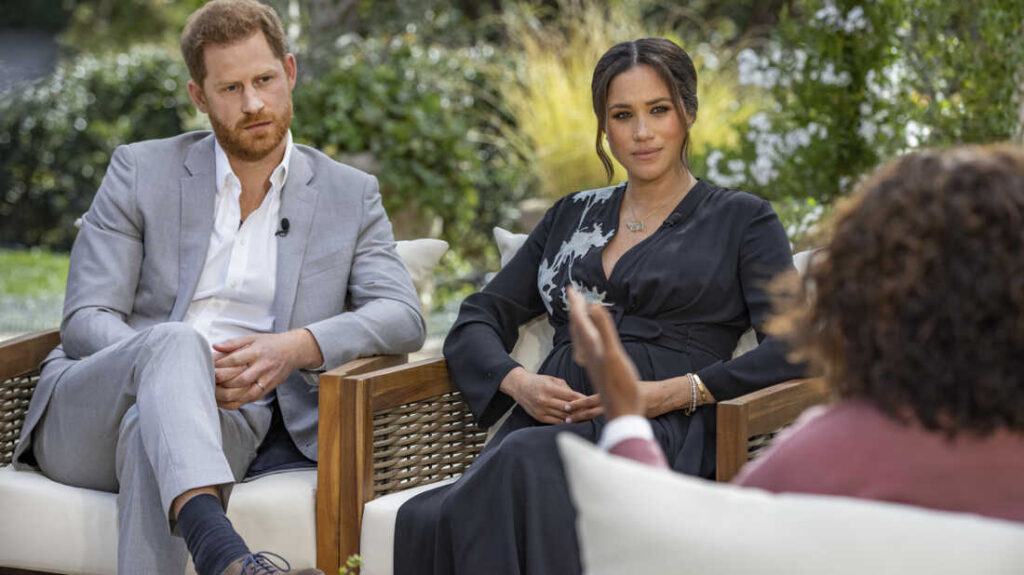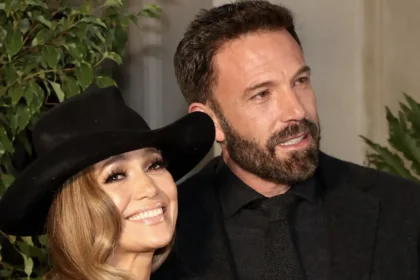It has been years since Meghan Markle’s groundbreaking Oprah Winfrey interview, yet the conversation around it shows no signs of fading. The two-hour special, which drew 17 million viewers in the U.S. and 12 million in the U.K., remains one of the most talked-about television events of the decade. With viral clips resurfacing in recent months, the interview continues to spark heated debate about the British monarchy, media treatment, and Meghan’s personal struggles.
Meghan Markle’s Candid Revelations
During the sit-down, Meghan spoke openly about the challenges she faced behind palace walls, including:
- Media intrusion and tabloid harassment that dominated her every move.
- Restrictions on personal freedom, such as being denied simple outings like meeting friends for lunch.
- The palace’s refusal to defend her reputation, even as false stories spread in the press.
- The infamous claim that she made the Princess of Wales cry, which Kensington Palace declined to refute despite her requests.
Perhaps the most striking revelation was her emotional confession of feeling suicidal, coupled with the claim that palace aides denied her the help she desperately sought.
Allegations of Racism and Palace Politics
One of the most controversial parts of the interview was Meghan’s assertion that conversations took place about how dark her son Archie’s skin might be. She also suggested that Archie was denied both a royal title and security protection, either due to racial bias or Prince Charles’s plans to streamline the monarchy.

These claims highlighted long-standing concerns about institutional racism and royal politics, issues that have since fueled ongoing debates worldwide.
Public Reaction and Backlash
The aftermath of the interview was explosive. Critics accused Meghan of exaggerating or misrepresenting events, while supporters praised her for bravely sharing her truth. The fallout included:
- Meghan’s estranged father branding her a narcissist in media interviews.
- Television host Piers Morgan walking off set live on air after dismissing her claims.
- Headlines declaring the interview the biggest royal crisis since Edward VIII’s abdication.
Yet Meghan’s defenders argued that the real crisis was not her interview, but rather the monarchy’s inability to modernize and support its members under intense public scrutiny.
Why the Interview Still Matters
Years later, Meghan’s Oprah interview remains a cultural turning point. It shed light on the pressures of royal life, the cost of relentless media scrutiny, and the personal toll of being silenced within an institution.
While critics continue to question her credibility, supporters insist her words exposed systemic problems that go far beyond palace walls. For many, the interview stands as a reminder of the urgent need for greater transparency, empathy, and accountability within powerful institutions.




